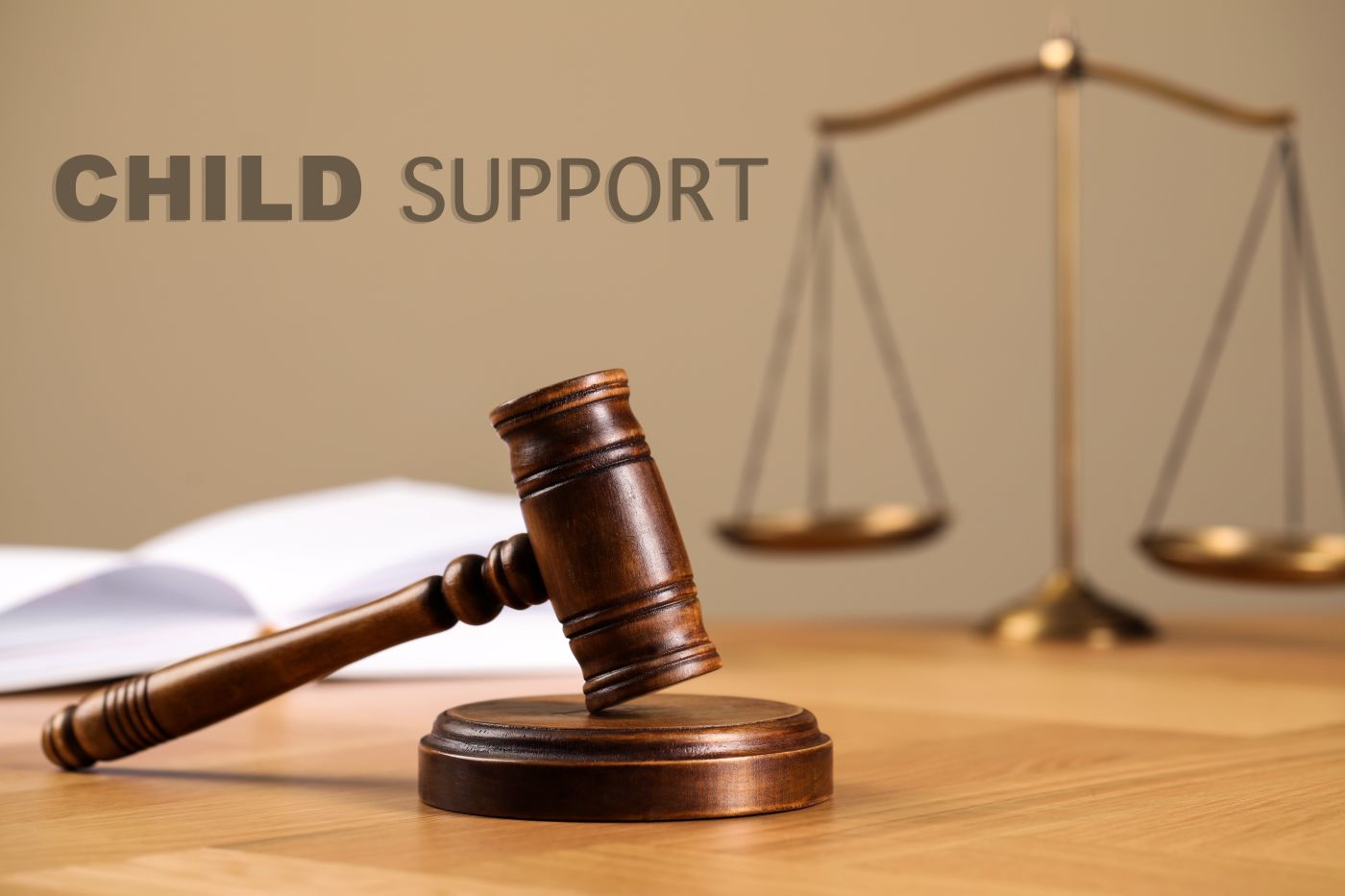
Determining child support is never easy, especially when emotions run high during or after a divorce. Parents often face questions about how much support is owed, who pays, and for how long.
At Le Fleur Law LLC, attorney Annie Le Fleur offers clear, practical guidance on Colorado's child support laws. She blends substantial courtroom experience with compassion and assertiveness to help families advocate for the best interests of their child.
Located in Grand Junction, Colorado, the firm serves clients throughout Mesa County, Delta County, and Montrose County. If you’re struggling to understand your rights and obligations under Colorado’s child support guidelines or finding it hard to resolve disputes with your co-parent, Le Fleur Law LLC can help.
Factors That Determine Child Support in Colorado
In Colorado, child support is governed by strict state guidelines that prioritize a fair distribution of financial responsibilities for raising a child. Colorado operates under an income shares model, which considers the income of both parents, the financial needs of the child, and specific circumstances affecting the family.
To calculate child support, the court uses a formula to estimate the amount needed to support the child if both parents lived together. The costs of this theoretical household are then divided between the parents, based on each parent's proportional share of combined income. Some of the core factors that influence child support determinations in Colorado include the following.
The combined gross income of both parents: The gross income of each parent is the starting point for calculating child support. This includes wages, salaries, tips, bonuses, commissions, unemployment compensation, rental income, and other sources. The court will then determine the total income of both parents and allocate responsibility proportionally.
The number of children: The number of children requiring support is another critical consideration. Colorado’s child support guidelines adjust financial contributions based on the number of dependents in the household.
Parenting time allocation: Parenting time plays a major role in determining child support. If custody is equally shared, child support payments may be reduced or adjusted. However, even in joint custody arrangements, one parent may still be ordered to pay child support.
Additional expenses for the child: Child support often includes a contribution toward childcare costs, educational expenses, health insurance premiums, medical expenses, and extracurricular or special needs programs. These add-on costs can be shared or allocated to the parent who is better equipped to handle them financially.
Deviation from the standard guidelines: While Colorado has a well-defined formula for calculating child support, courts can deviate from standard guidelines in certain cases. Situations that may prompt deviation include a parent’s disability, a child’s special medical needs, or high travel costs associated with completing parenting time.
Every child is unique, and so is each family’s financial situation. When determining support, the court’s primary focus is to prioritize the child’s best interests above all else. An experienced family law attorney can help you determine what these best interests are.
Colorado Laws Affecting Child Support
In Colorado, child support laws follow the regulations and guidelines established by federal law. Some of the key legal aspects that can help you understand how these laws apply to your case include:
Statutory guidelines: Colorado Revised Statutes (C.R.S.) § 14-10-115 defines the formula used to determine child support, providing courts with a guideline to establish fair and appropriate amounts. These statutory guidelines establish uniform standards for all cases while preserving the flexibility to exercise discretion in exceptional situations.
Modification of child support orders: Life circumstances evolve; Colorado recognizes this by permitting modifications to existing child support orders. If there is a substantial and continuing change in either parent’s financial circumstances, like a job loss or significant pay increase, the court may review the order and adjust the payment amounts accordingly.
Enforcement of child support orders: Under Colorado law, parents who fail to comply with child support obligations may face legal penalties. Remedies for non-payment include wage garnishment, property liens, license suspension, and even contempt of court charges.
Age of termination: Colorado law typically requires child support payments to continue until a child turns nineteen. Exceptions include cases where the child is still in high school, has disabilities, or if the parents agreed to extend the support agreement.
Common Challenges Families Encounter in Child Support Cases
Despite Colorado’s structured guidelines, disputes and roadblocks surrounding child support can occur. Some of the most common challenges families might encounter include the following.
Disputes over income reporting: When one parent under reports or inflates their income, it can lead to an unfair calculation of child support amounts.
High-conflict co-parenting relationships: Contention between parents can complicate negotiations, making it harder to reach agreements.
Unique financial circumstances: Parents who are self-employed, on commission-based pay, or are experiencing drastic changes in their income levels can cause challenges in establishing consistent financial commitments.
Enforcement: For custodial parents, enforcing unpaid child support orders often requires legal action, which adds further strain to an already fraught process.
Divorce Attorney in Grand Junction, Colorado
In Colorado, child support determinations can be emotional, but it's important to remember that they need to be made with the child's best interests in mind. An experienced family law attorney can help you determine what these are and guide you through the legal process.
At Le Fleur Law LLC, Attorney Annie Le Fleur is experienced in helping families pursue the best child support arrangements. Located in Grand Junction, Colorado, the firm serves clients throughout Mesa County, Delta County, and Montrose County. Whether you need legal advice or representation for your child support case, reach out to Le Fleur Law LLC today to schedule a consultation.



